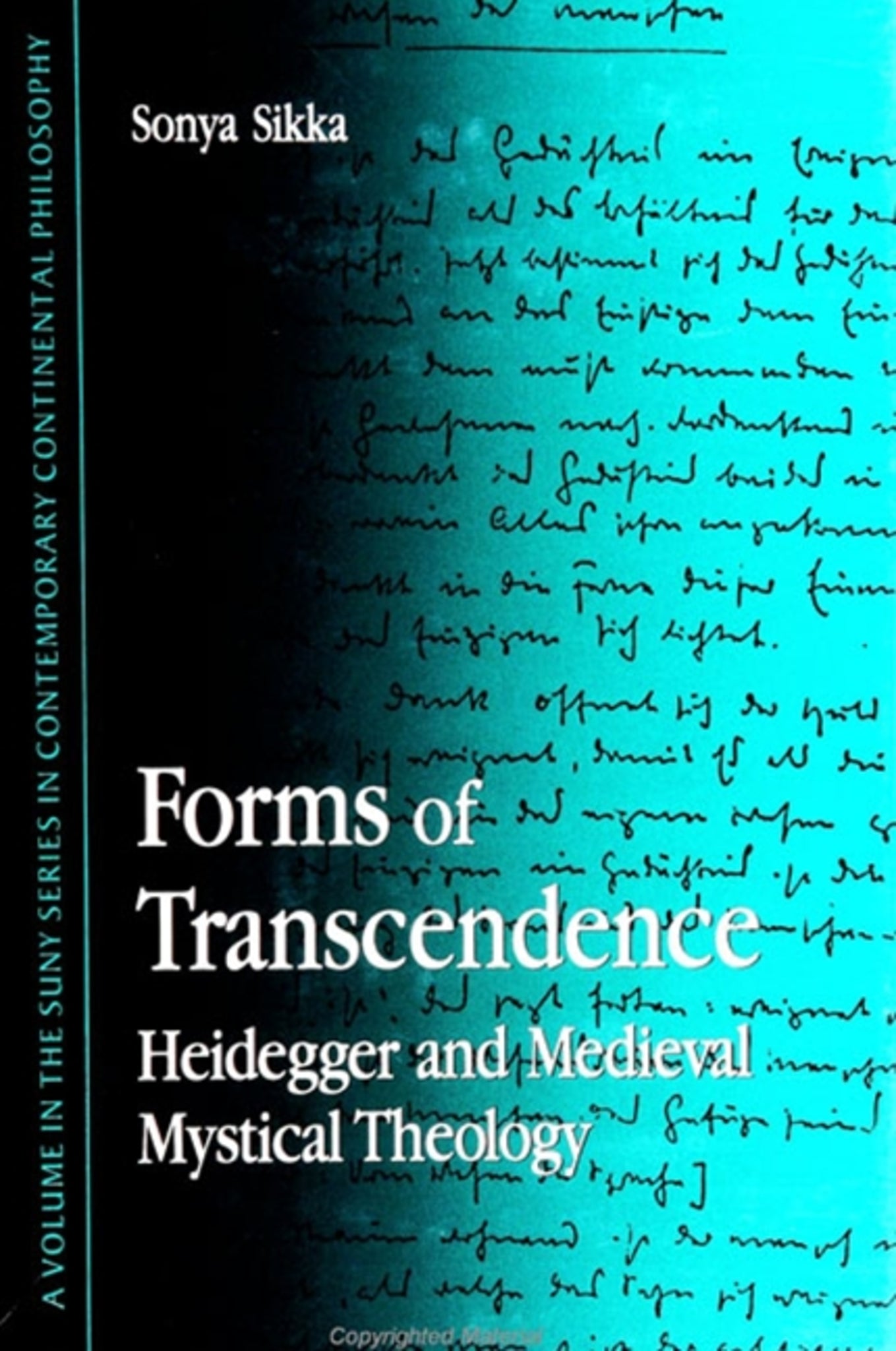We're sorry. An error has occurred
Please cancel or retry.
Forms of Transcendence

Some error occured while loading the Quick View. Please close the Quick View and try reloading the page.
Couldn't load pickup availability
- Format:
-
01 May 1997

Oriented toward the question of God, this book sets up a dialogue between Heidegger and four medieval authors: St. Bonaventure, Meister Eckhart, Johannes Tauler, and Jan van Ruusbroec.
This book sets up a dialogue between Heidegger and four medieval authors: St. Bonaventure, Meister Eckhart, Johannes Tauler, and Jan van Ruusbroec. Through a close reading of medieval and Heideggerian texts, the book brings to light elements that present possibilities for a revised appropriation of some traditional metaphysical and theological ideas, arguing that, in spite of Heidegger's critique of "ontotheology," many aspects of his thought make a positive, and not exclusively critical, contribution.
Unlike some past studies of the relation between Heidegger and medieval mysticism, this book seeks to establish a real identity between the content, the subject-matter (Sache), of the medieval and Heideggerian texts that it examines. In so doing, it challenges Heidegger's own assertion that what he calls "being" cannot be called God. Against this assertion, Sikka argues that what is to be called God remains an open question, and points out metaphysical and theological elements in Heidegger's reflections on being that help to answer this question. Offering new insights into the relation between metaphysics, theology, and mysticism, the book contributes not only to Heidegger studies but to philosophical theology as well.


"…an original contribution … whose presentation is … expressive and accurate." — Studia Phaenomenologia
"The book is extremely well written—it is a lucid exposition of an important issue that could easily have gotten lost in jargon. The author never loses control, however. Sikka maintains an admirable balance of intellectual rigor and fluidity of style. Heidegger is probably the dominant thinker of the twentieth century, and his critique of metaphysics (especially of its conception of God) has been crucial to contemporary thought. The author has addressed this critique directly with intelligence, erudition and fluency." — William J. Richardson, Boston College
"What I like best about this book is the careful exposition of the four mystics followed by separate chapters devoted to the dialogue between Heidegger and the thinker in question. I also like the care with which the author keeps the differences in sight while arguing for stronger affinities than many would suspect." — Merold Westphal, Fordham University
Acknowledgments
Abbreviations
Introduction
Chapter One Bonaventure's Threefold Way into God
Chapter Two Heidegger on the Meaning of Being
Chapter Three Eckhart's Dialectical Theism
Chapter Four The Metaphysical Element in Heidegger's Mysticism
Chapter Five Johannes Tauler: The Call of God in the Ground of the Soul
Chapter Six Dasein and the Call of Conscience
Chapter Seven Ruusbroec's Mysticism of Love and Rapture
Chapter Eight Being and Man and the End of Metaphysics
Conclusion
Notes
Bibliography
Index



